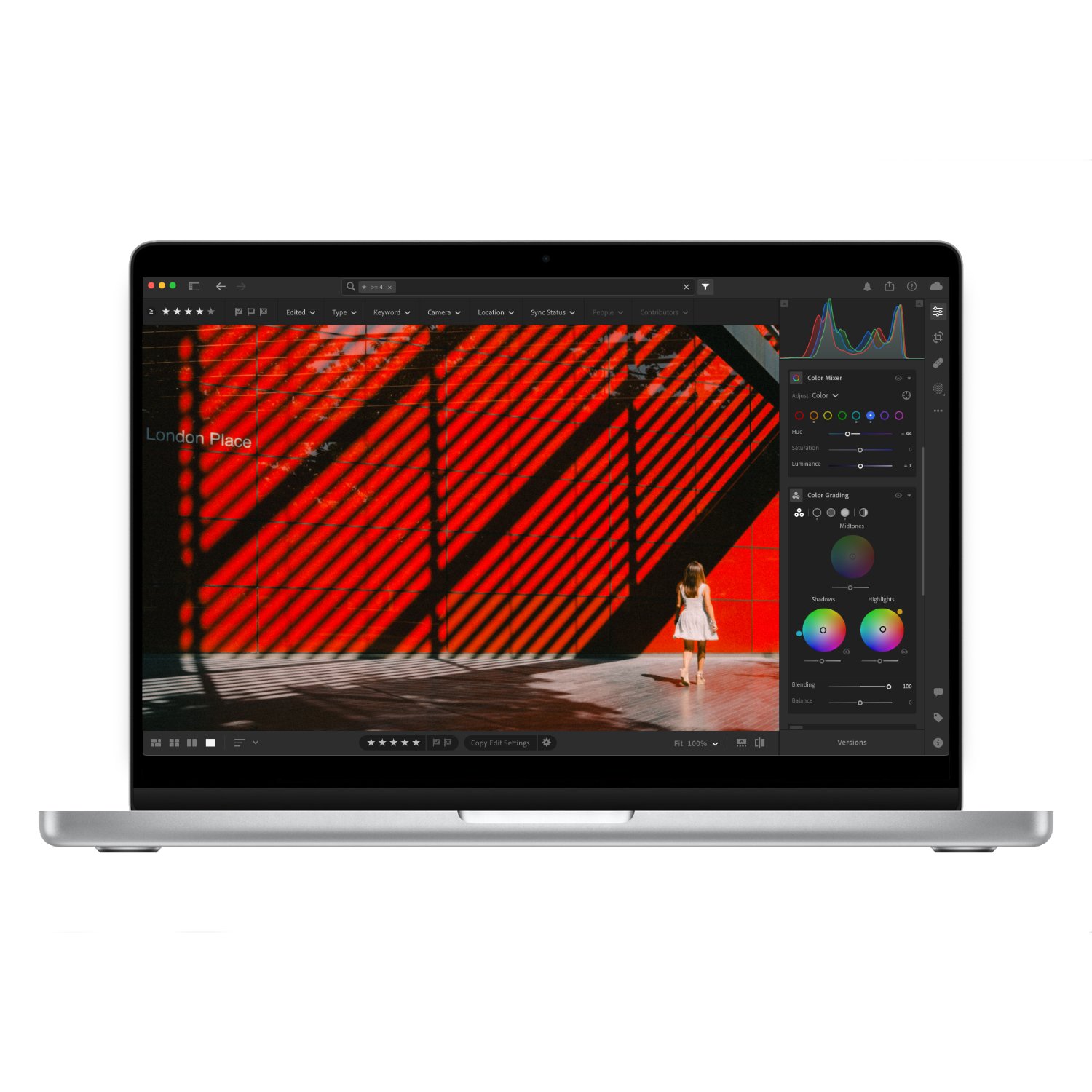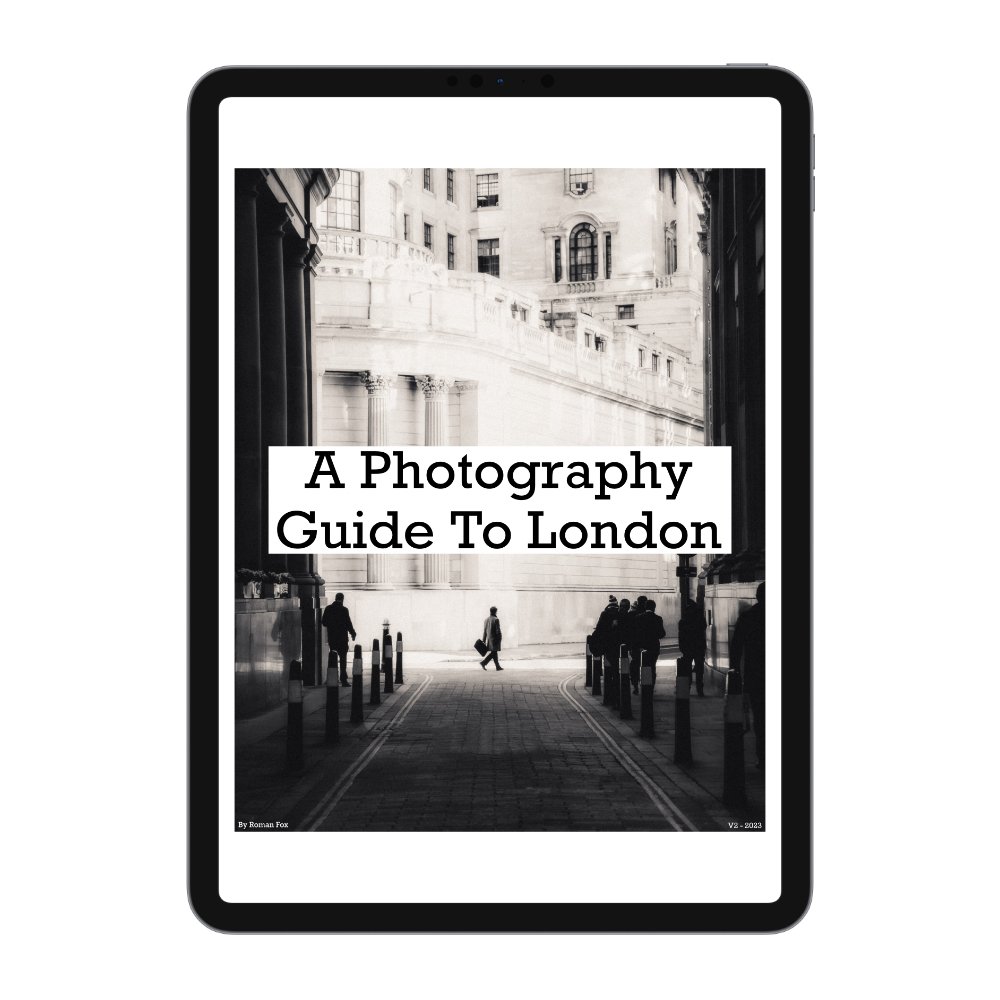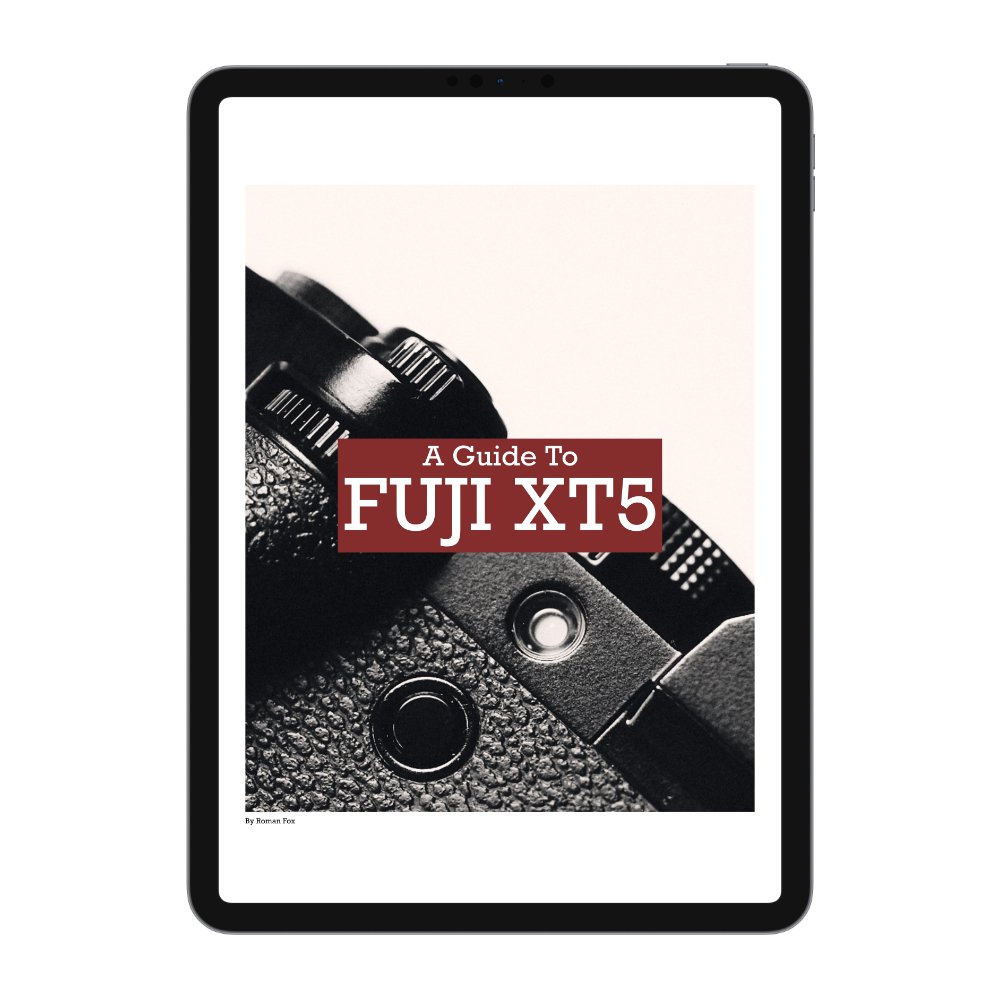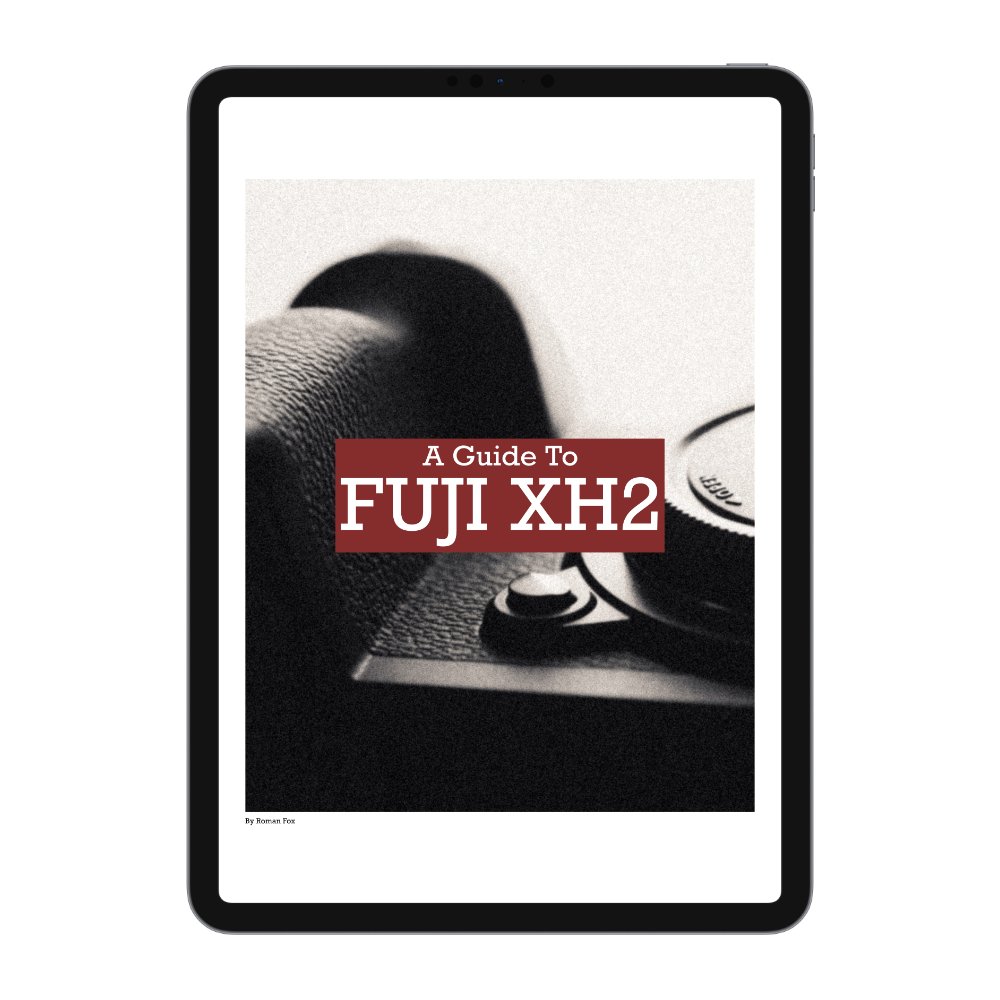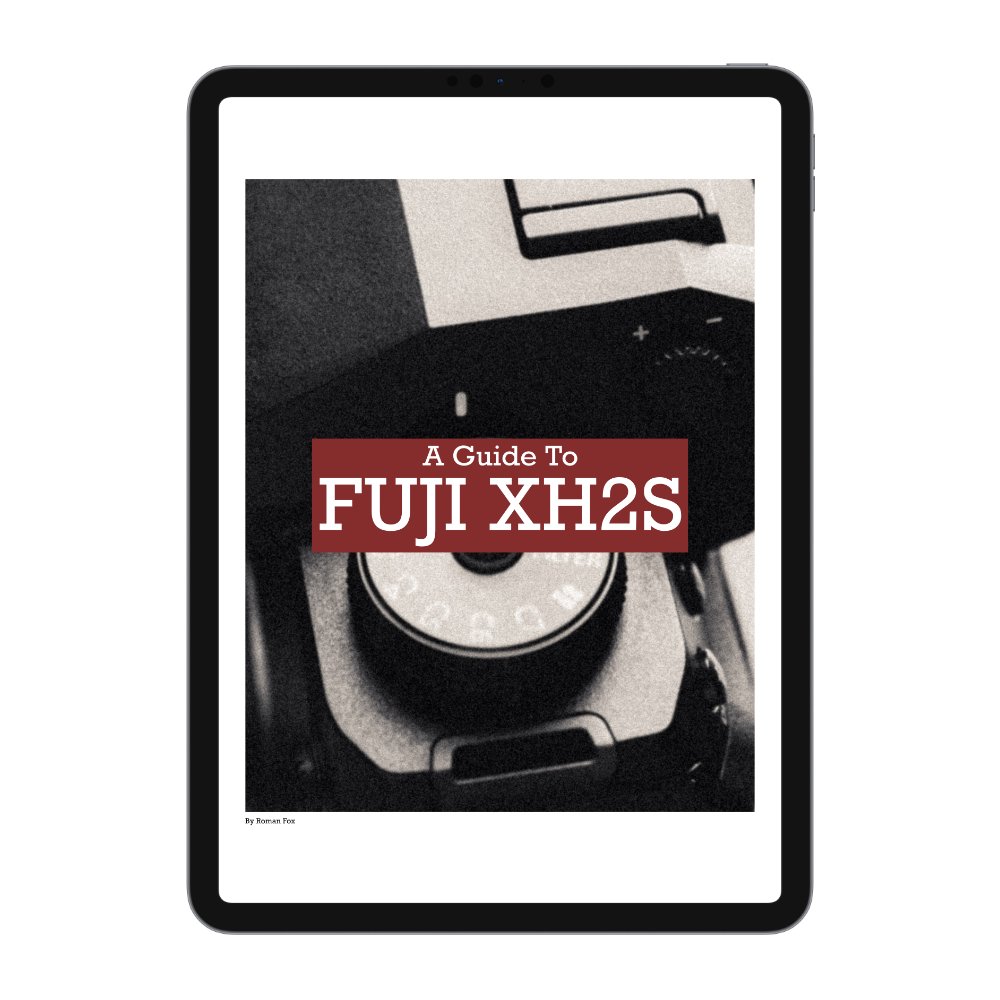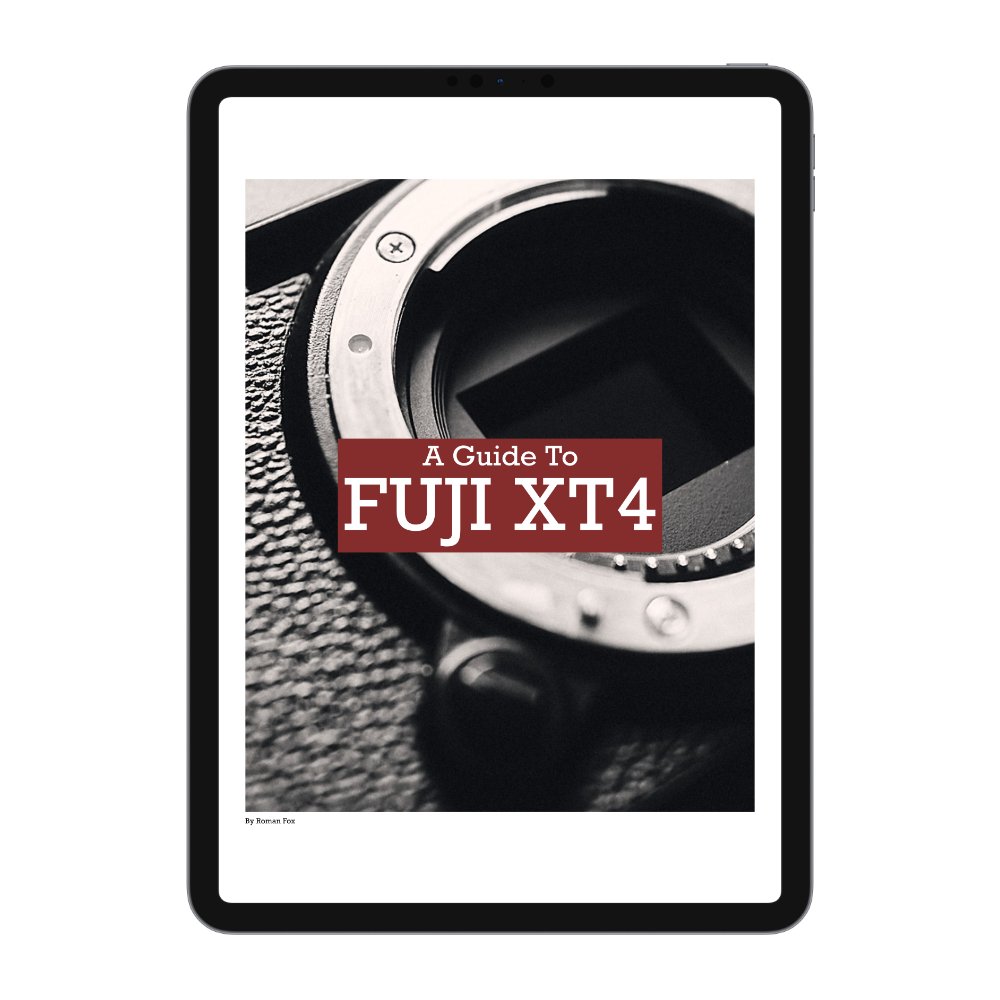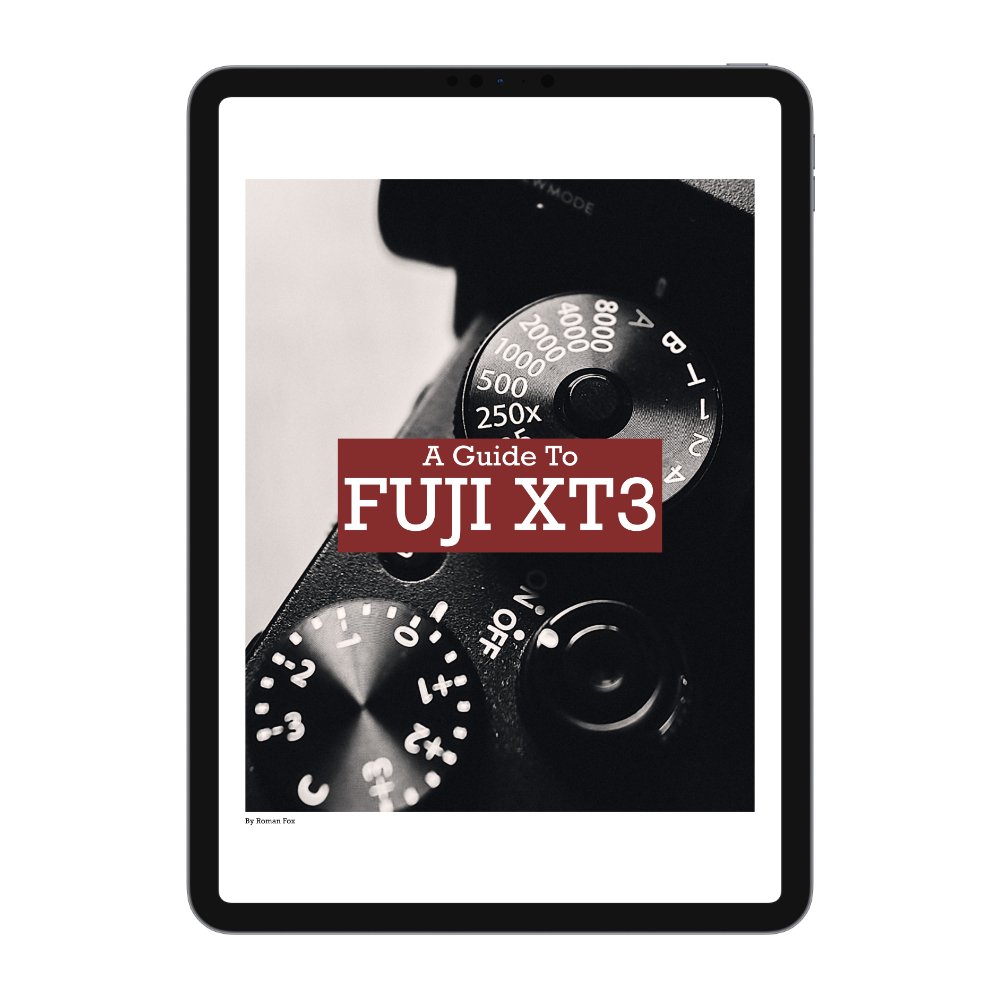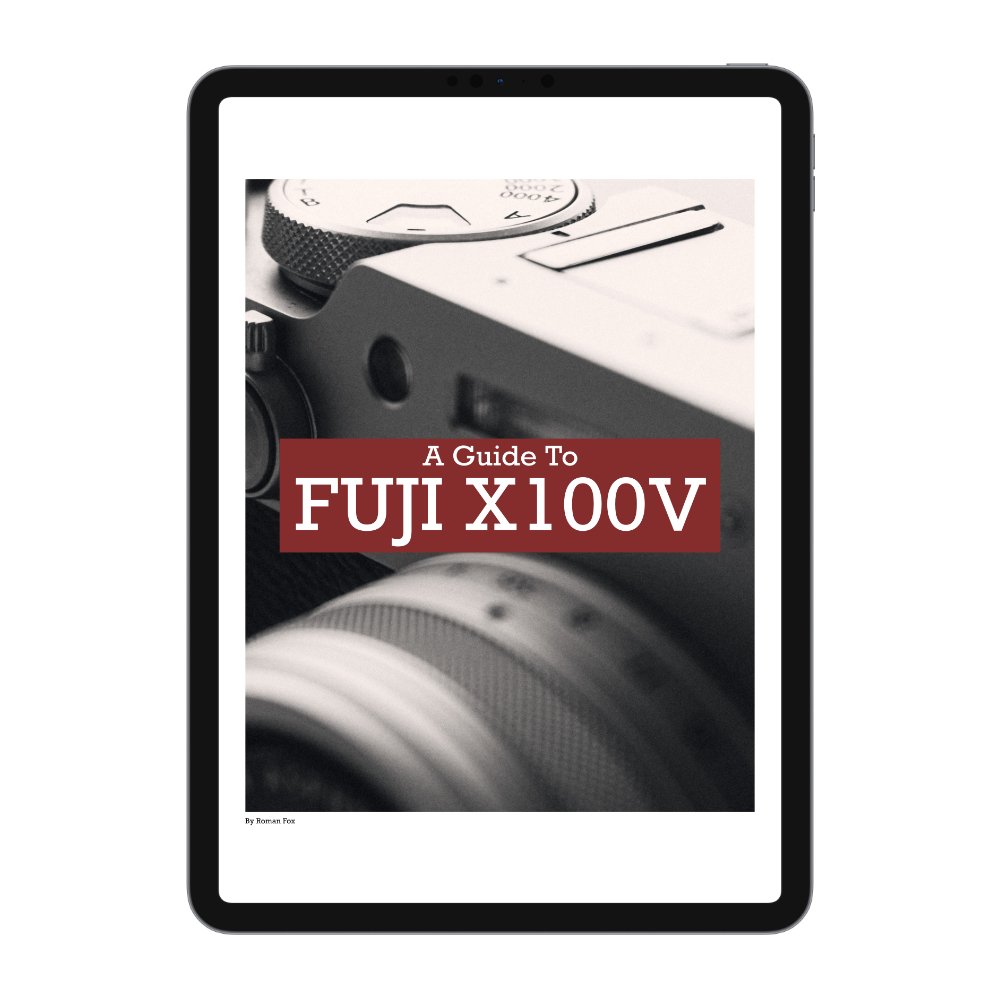Every Photographer Suffers From This
I will start this blog with a quick personal story. In 2017 I started to take photography seriously and by 2018 I started to experiment with different looks and concepts. By 2019 something clicked and I landed on my initial style. I stopped experimenting and stuck with what worked. I got my head down and shot as much as possible while going for the same compositions, light, subjects and editing. 2020 initially involved some (uninvited) rest and later that year I started to experiment with different styles, software, gear and editing. It was a bit of a fail because almost everything I made that year was rubbish although there were a few key things I picked up. 2021 was a year of reflection as I tried to figure out what happened and by the end of the year I went back to what worked in 2019 with some tweaks. This worked and by mid 2022 I was firmly back in work mode where I’m still at today.
What I’m describing is my photography cycle. It’s a cycle we all go through to one degree or another and the better we understand it, the more we can squeeze out of each phase. Each part of the cycle can last a few weeks, months or even years. The key is to recognise when you’re in a specific cycle and take action to make the most of it. Funny enough, at the time I wasn’t aware that these phases existed or that I was in one. This only came about earlier this year after some time analysing my past work.
The first phase is experimentation. This is where we experiment with every aspect of the craft. It can include:
Genre
Environment
Time of day
Weather
Type of light
Type of subject
Camera system
Focal Length
Camera settings
Editing techniques and style
Editing software
We try different things, fail, fuck up and take 5 steps backwards. We explore different ideas and try to re-discover why we love photography in the first place. This can be a messy period with a lot of guesswork and at times you can feel discouraged. However this is an important phase because even if you disregard most of it, you will always pick something up to take with you into the next phase. Sooner or later you will stumble upon something that works. Maybe it’s a combination of a specific focal length, environment, light and editing technique. Things click and you have something solid to run with. This is when you go into the next phase where you do the work.
You now have a blueprint and something tangible, you get your head down and work. You spend as much time as possible shooting and tweaking the system as needed. It’s very much tunnel vision and you don’t pay much attention to anything else. A personal example is that over the last year I have mostly been shooting on 3 primes in cities. I haven’t touched my telephoto or wide angle lenses at all and my zoom which was my most used lens between 2018 and 2022 has barely left my bag. If I zoom out a little, my current work phase is this constant non stop travel and photography. I probably have another 2-3 years of this before I need to slow down, rest and reflect. When you find yourself in the work phase, make the most of it as your best work will happen here.
You will reach a point where you start to find yourself falling off, burning out or losing interest. It might sound like it would never happen, but it will. You will no longer get excited by the photos you take. You will start to dislike your editing style. You will start to not see anything when you’re out shooting. You will no longer have the desire to go and shoot. I speak from experience as I’ve gone through everything I just mentioned. This is a telltale sign you need rest and you’ve had too much of a good thing. You’re not a robot who can keep pumping out great work over and over. Rest looks different to everyone. To me it’s a higher focus on my health, family & friends. For me rest is also a bigger focus on the business side of what I do as opposed to the creative. The key is to be able to recognise when you’re approaching a period of required rest and wind down. How long you need is individual. Another non photography related example is my travels. I love to travel however after 2-3 months on the road, I’m ready to go back home and switch off.
After you’ve rested you will start to look back through your work and reflect on the previous period. You will start to see your work in a different and more objective way. You will start looking at what worked, what didn’t and what can be improved. You will also reflect on your memories from the work phase. You will figure out what you enjoyed the most and what you didn’t find as fun. I love this phase because it’s where new ideas come about. Upon reflection your brain will start coming up with new ideas, plans and projects. This will then naturally bleed into experimenting and the whole cycle starts again.

